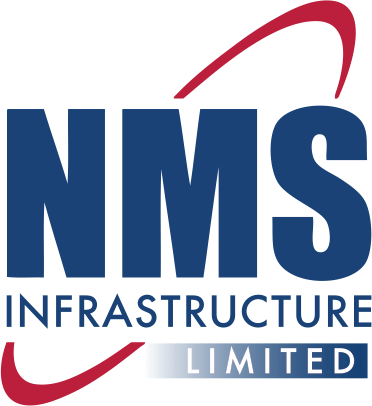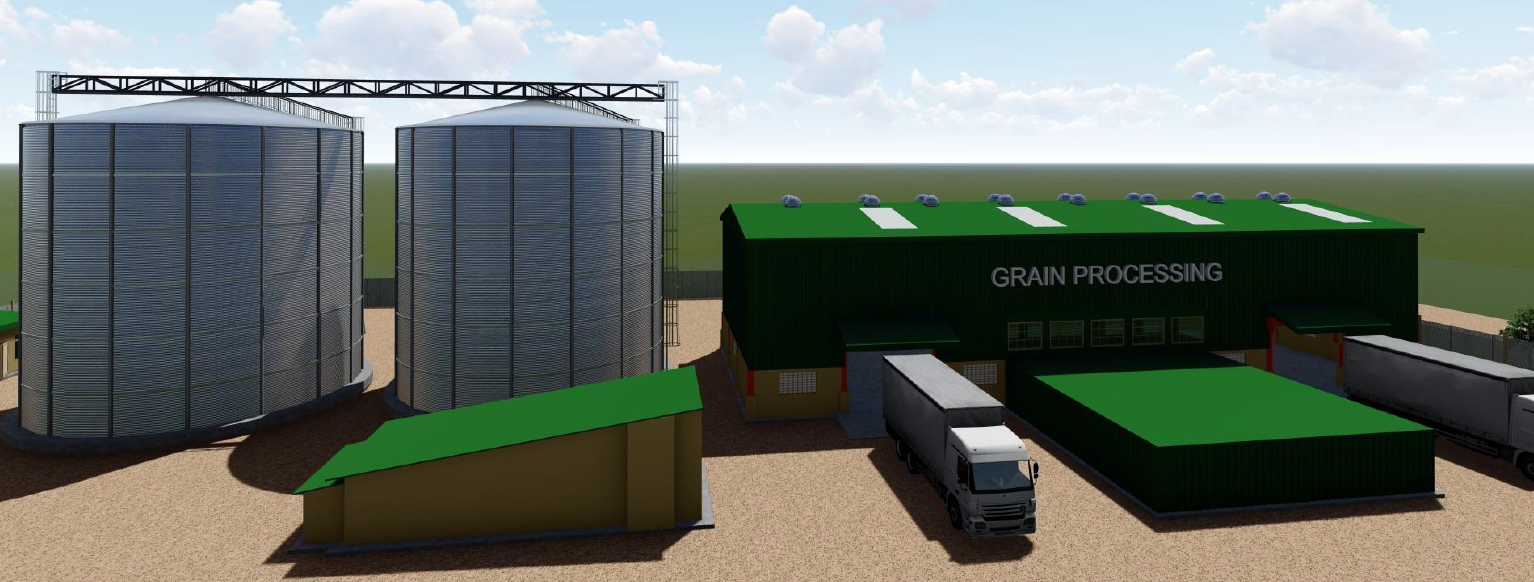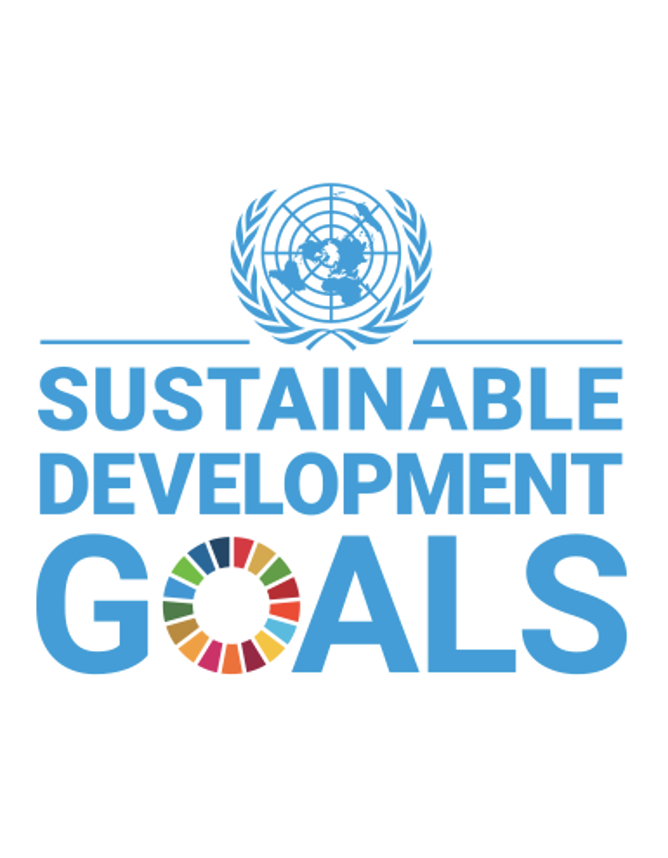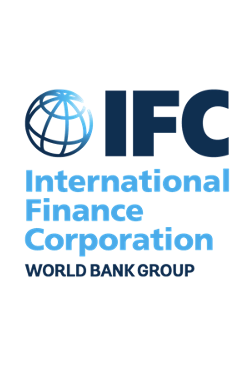What We Do
VALUE ADDITION
Fruit pulping and juicing
Animal and fish feed processing
Maize milling
Cassava milling
Tea and Coffee processing
Cotton processing
Cocoa and Nut processing
VALUE ADDITION
Feedlots to increase yields
Abattoirs for all types of animals, including by-product processing
Chicken hatcheries for egg and meat production
Dairy and milk processing
VALUE ADDITION
Filleting and fish cutlets
Smoking and drying
Processing of by-products
Packaging
Agriculture forms the bedrock of most African economies, often comprising a majority share of a country’s labour market. With the current global food supply crisis, many countries are looking to enhance food security and self-sufficiency. Many nations are also seeking to leverage their natural competitive advantage in agriculture to boost exports for national development. As such, agriculture is seen as a critical sector for investment and development across the continent.
NMSI, through its Agristores Division, delivers bespoke infrastructure solutions for its clients across all sub-sectors of the agriculture industry in Africa. NMSI’s in-house team of experts has the skills and knowledge to identify the client’s needs and work collaboratively in structuring the desired solution. Throughout the process, NMSI consults industry specialists and manufacturers to ensure the solution not only offers value for money but incorporates particular adaptations to the region and country in which it is built.
NMSI provides transformational sustainable agriculture solutions that assist with local and national economic growth and prosperity. Each project seeks to actively engage a range of agricultural stakeholders, while reducing waste in the value chain and increasing value addition and quality control. Agricultural exports require a high standard of sanitary and phytosanitary (SPS) compliance for the international markets so all NMSI facilities are built to internationally recognised standards.
NMSI can offer clients agricultural infrastructure solutions for aggregation, cold chain storage, bulk storage, value addition, quality control and export purposes across four workstreams including crops, livestock, aquaculture and support services.
Crops
This diverse workstream includes products such as grains, pulses, fruit, vegetables, nuts and seeds. All products in this workstream are at risk of mycotoxin and pest infestation so getting products into suitable storage and value addition facilities soon after harvest is essential to reduce wastage, increase quality and increase revenues for farmers.
NMSI offers solutions throughout crop value chains to support producers, agri-businesses and exporters to meet the rigorous standards of regional and international markets.
Aggregation centres for collection and primary processing of all crop products close to the point of production
Bulking centres to store crops for long-term food security
Cold chain storage for fruit and vegetables
Livestock
Livestock comprise animals such as cows, goats, sheep, pigs, chickens and other animals which are reared for meat, milk eggs or other animal-based products. The livestock value chains require a range of infrastructure in order to control diseases, support traceability and increase yields. NMSI has developed a range of facilities to cater for these industry requirements.
Animal holding grounds to aggregate livestock
Quality control
Animal checkpoints to inspect paperwork and transport conditions of livestock
Animal quarantine facilities to inspect, test and treat livestock for SPS compliance and disease control
Cold chain storage
Aquaculture & Fisheries
Aquaculture presents a substantial opportunity for African markets as wild fish supplies dwindle due to over-fishing in seas and lakes.
NMSI offers infrastructure solutions for aquaculture farms as well as facilities for re-stocking of wild water bodies and facilities for catching and storing wild fish. NMSI also provides processing facilities adding significant value to fish and fish products for lucrative international markets.
Fish breeding ponds for aquaculture and re-stocking
Aquaculture farms
Landing sites for fishing boats to offload catch from wild fishing water bodies
Cold chain storage for fish and fish products
Support Facilities
A broad range of support services are required by the agricultural industry to deliver products from the farm to the consumer. NMSI can offer infrastructure solutions for support services including production support, distribution and transport, testing and quality control and the point of export.
Quality control laboratories of all sizes and disciplines
Point of export inspection and testing facilities for airports, land borders and marine ports
Training and development centres for capacity building in the agricultural value chain
Mechanisation workshops
Farmer service and support centres
Cold chain storage for vaccines and other veterinary products
Socio-Economic Impact
NMS Agristores provides transformational agricultural solutions that contribute to economic growth and prosperity. With positive impacts within rural communities in particular, each project seeks to actively engage with a range of developmental stakeholders, while increasing the value of crop harvests and processing capability.
By providing primary processing, cleaning, drying, and packaging facilities, commodity can be prolonged, boosting available supplies and promoting trade. A significant reduction in agricultural food waste increases food security and revenues through regional and national exports, essential for economic development.
NMS Agristores also plays an active role in adopting science-based ‘clean-growth’ principles to promote best practice and preserve biodiversity in agriculture, maintaining compliance with national development plans and an array of international standards:
Operational staff are employed and trained to ESG principles, to promote sustainable practices and ensuring transfer of key skills across the company and within local communities. This provides essential income for smallholder farmers in rural areas, helping to level the disparity between urban and rural incomes and serving as discouragement to urbanisation.












